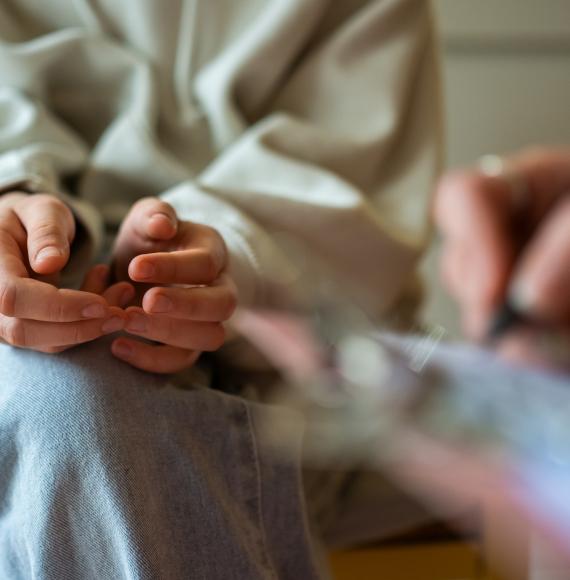Sean Duggan, Chief Executive of the Mental Health Network
Let’s take this opportunity to reflect on the amazing achievements of our health system over the past few months. But as we recognise the best of the NHS and its response to the Covid-19 crisis we must not forget that for mental health the peak has yet to come.
Covid-19 has placed enormous pressure on the entire health and care system. Despite the very real hardships faced by the NHS over these past few months, it has once again proven its unique ability to adapt and overcome. The service has not shied away from the opportunity to do its best: we’ve seen mental health emergency departments set up within days, digital solutions implemented at pace, and nationwide 24-hour crisis lines have opened a year ahead of the deadline in the NHS Long Term Plan.
Looking ahead
As the nation looks back over the past 15 weeks, we are all too aware that for mental health services, the crisis has yet to come. There has been no ‘peak’ yet for the mental health sector. But as the consequences of Covid-19 and lockdown begin to bite, we expect to see increased demand for services, with an additional 500,000 people projected to access services. Instead of a crisis which peaks and then subsides, we are expecting a surge in demand which then plateaus and remains at an all-time high.
All parts of the health and care system will be treating patients whose mental health has been impacted by Covid-19. We know that when patients’ mental wellbeing is looked after, physical health outcomes are better, so the provision of psychological support will positively impact the entire system.
The pandemic will affect our mental health as a society in many ways for many months to come, but not all of this will be mental illness. Prevention and resilience-building will go a long way to relieving future pressures, as will the innovative use of technology. As we move past this initial Covid-19 emergency it will be critical that as a society we prioritise our mental wellbeing.
For mental health services what lies ahead is the chance to rebuild mental health services in a way that meets the needs of all the communities, and in particular those that will have been hit hardest by this pandemic; BAME communities, individuals that have been shielding, children and young people, those with pre-existing mental health conditions and, of course our NHS staff.
Time to reset
It is the workforce that has sustained the NHS during this crisis, and it will be staff that continue to meet our needs as a nation as we begin to deal with what comes next. Supporting the wellbeing of our staff has never been more important which is why this week, as well as lighting a candle in remembrance of those who have given so much during this pandemic, I will also be campaigning via #NHSReset for support that will create an environment for staff to thrive.
It is crucial that the increase in demand for services is supported with adequate resources, so that they are not overwhelmed; this was prevented in physical health services during Covid-19 when the chancellor pledged to provide “whatever you need, whatever it costs”. Parity of esteem, promised in the 2019 Conservative Manifesto, surely demands that the promise of “whatever it costs” should be extended to mental health services.
These additional services will require additional staff – dedicated individuals whose skills, expertise and lived experience will be crucial in designing and delivering the services that build upon the fantastic innovations we’ve seen during this period, implementing learnings and seeking to fill the gaps in existing knowledge so that no one’s needs are left behind.
This weekend let’s not lose sight of what comes next for one of our greatest institutions. As we come together, let’s recognise the best among us: those who saw this horrendous virus and the problems that came with it as the opportunity to truly step forward and do their best and commit to shaping a better future for our health service.


















